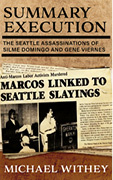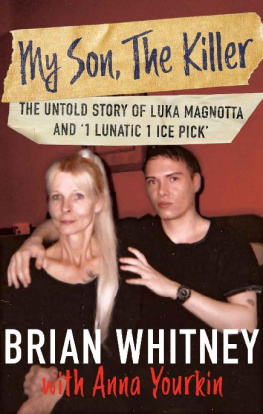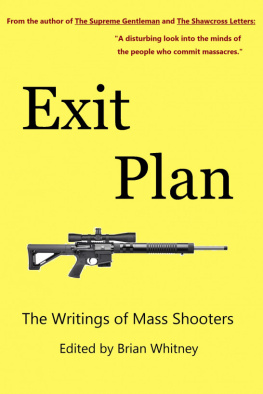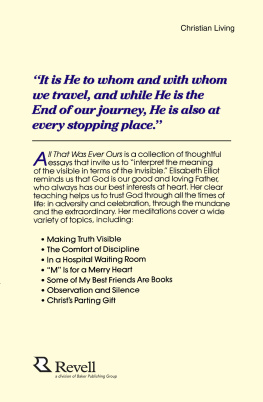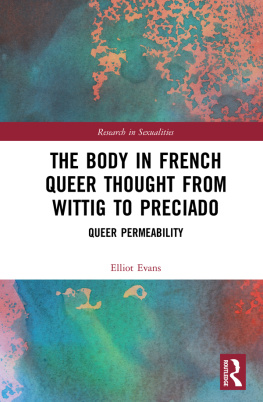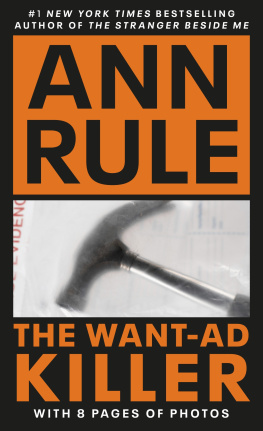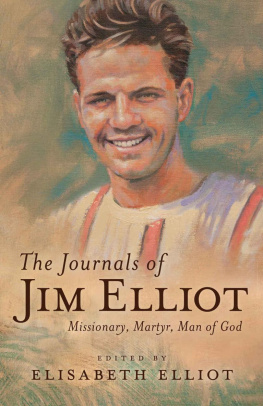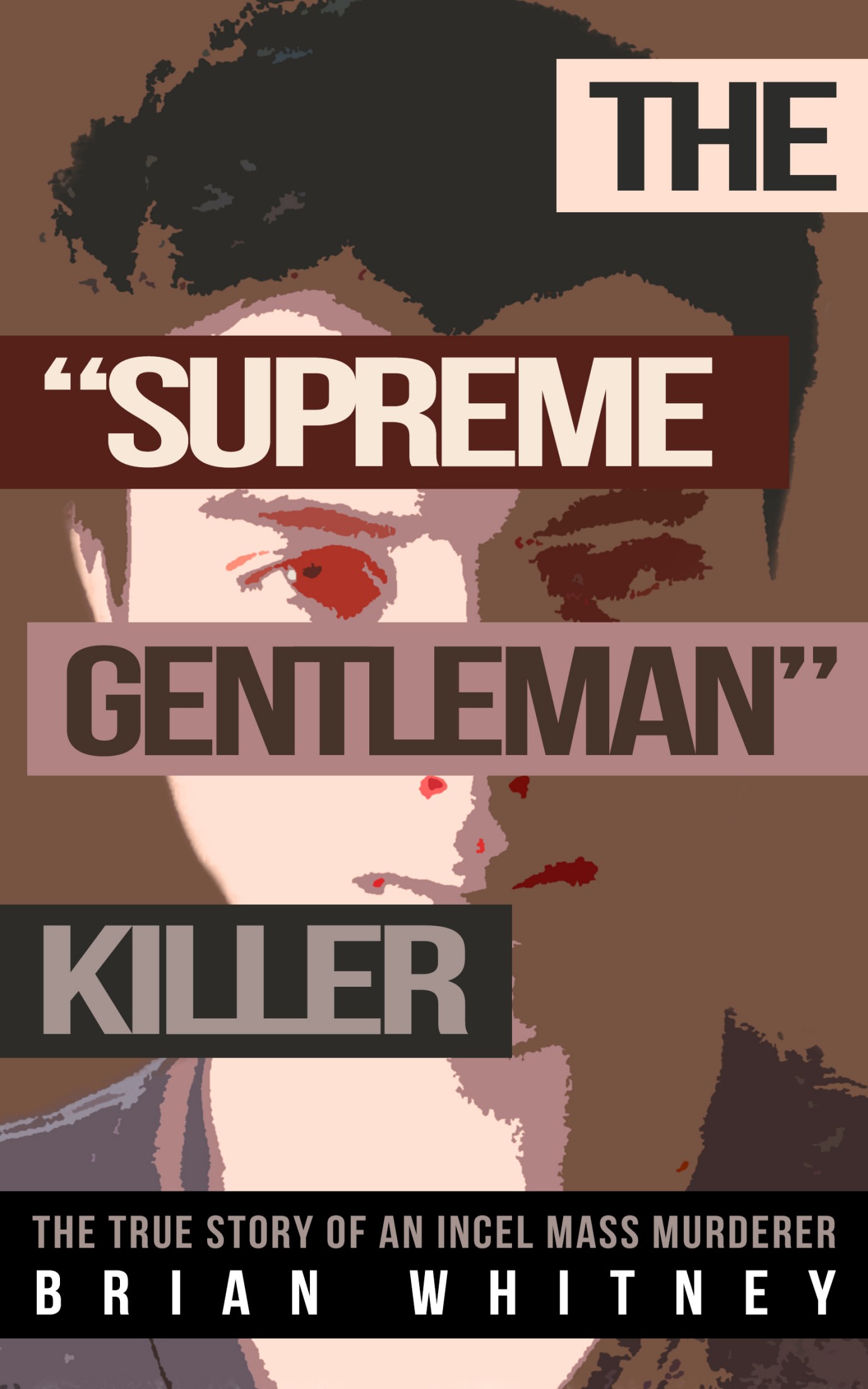THE SUPREME GENTLEMAN KILLER published by:
WILDBLUE PRESS
P.O. Box 102440
Denver, Colorado 80250
Publisher Disclaimer: Any opinions, statements of fact or fiction, descriptions, dialogue, and citations found in this book were provided by the author, and are solely those of the author. The publisher makes no claim as to their veracity or accuracy, and assumes no liability for the content.
Copyright 2020 by Brian Whitney
All rights reserved. No part of this book may be reproduced in any form or by any means without the prior written consent of the Publisher, excepting brief quotes used in reviews.
WILDBLUE PRESS is registered at the U.S. Patent and Trademark Offices.
ISBN 978-1-948239-69-1 Trade Paperback
ISBN 978-1-947290-15-0 eBook
Cover design 2020 WildBlue Press. All rights reserved.
Interior Formatting by Elijah Toten
www.totencreative.com
Authors Note
No one knew the true Elliot Rodger before his death. His parents had no idea about his real thought process. He had never been in any trouble with the law. While he did go to therapy intermittently, he lied to mental health professionals about what was really going on inside of him. He had no friends. In fact, for the last few years of his life, he didnt have any real acquaintances other than his roommates who he despised.
Therefore this book is not intended to answer the question of why Elliot Rodger turned out to be a mass murderer. That would be impossible to do, which of course, is the scary part of the whole thing. It would be so much easier if things like this were simple.
Rather this book is the tale of his descent into madness, which he documented through his manifesto My Twisted World . It is also the story of how he became thought of as a hero and an inspiration to men who consider themselves a part of the Incel Revolution.
Foreword
Anita Dalton, Author of the Forthcoming Book Blood Manifesto
I have developed a certain impatience with people who dismiss Elliot Rodgers manifesto My Twisted World because they feel it is not a manifesto. Yes, it is a memoir, but its my belief that most manifestos not written from a specific religious or political mindset or to promote a new religious or political mindset, are largely biographical, even if the writers had no idea they were telling their life story.
Elliot Rodger is part of a new breed of manifesto writers who came of age when confessional writing online gave everyone a platform to tell their personal story. He grew up during a time when blogging encouraged people to merge all the various identities humans construct for themselves or find assigned to them into the way that they express themselves, so rejection of, say, ones politics, was a deep rejection of the self. Go on Twitter and you see personality melt downs and people descending into wholesale character assassination hourly. In such a world, where the experience of being a human being is one of shouting ones opinion into the void, merging all that makes us human into one statement that, if rejected, can threaten our very sense of self: manifestos written by those who find themselves outsiders are going to become more and more personal.
Its bafflingly dense that so many people who look at Elliots work dont see it as the call to arms for lonely men that it surely is. Elliot was riddled with anxiety. His manifesto is one of the most nail-biting depictions of anxiety one can read. Elliot felt as if he were an alien living among humans, like there was a sort of behavior he needed to engage in to be accepted as a human: yet, he could never figure it out. There was something deeply wrong with him, so much so, that outside of anxiety and maybe being on the autism spectrum, I cant begin to hazard a guess.
Not knowing what it was that plagued him, Ive come to call that plague the lack. Elliot Rodger and other writers of manifestos, such as Arthur Bremer, Ted Kaczynski, Valerie Solanas, and Anders Behring Breivik, all had/have the lack, a specific breakdown in their personalities and mental states that prevented them from being able to navigate the world and understand basic norms of behavior. Its not autism; its not paranoid schizophrenia. Its not universally linked to abuse or poverty; theres no religious correlation - its just some mysterious something they lacked. My Twisted World is a document discussing that lack, and that lack is the key to parsing out why so many young men feel like Elliot did - that there is literally no hope for them in this world.
I had borderline maternal rumblings reading Elliots work. I could feel his agony. I wanted to thwomp him on the head when he engaged in all his nice boy whining about girls wanting thugs rather than a nice boy like him. I wanted his parents, who even in his own words were attentive, kind, and worried about him, to enforce stability in his life. No more dicking with his living quarters. Establish a stable, workable schedule for custody that gave him a sense of constancy. Stop permitting his fragile psyche dictate where he went to school. By trying to be flexible and listen to their kid, his parents exacerbated the anxiety Elliot felt. Every time he got his room changed at his fathers house, every time his mother moved into a new rental property, every time he spent the weekend with a rich man his mother dated and later broke up with, every time he was forced to go to some Third World country on extended vacation without asking him first, his sense of stability took a blow, creating even more anxiety.
In many ways, the only reason his teenage manual of despair is notable is because the author wrote it in anticipation of shooting up a sorority. How many whiny paragraphs filled with teen angst exist, and how many of them are cause for alarm? Tumblr is fading in popularity, but you can find writing on that site written by Elliots age peers that makes him seem relatively sane in comparison. What is remarkable about Elliots manifesto is how unremarkable it really is. Lots of young men have nice guy syndrome, feel insecure about their looks, feel like the world is set against them. Most of them grow up. And those who dont move past this never pick up a gun. Even though it feels like we are under siege at times, an ocean of incels running down city blocks in vans and shooting kids on skateboards because they cant get a date, men like Elliot are rare. The feelings are not rare, but the actions are, and the actions seem to be linked to the lack, whatever it is.
Elliot was such an asshole, though. And sadly asshole isnt a medically or psychologically defined condition. He had such appealing moments. Until the very end he loved his mother deeply and appreciated the efforts she made on his behalf. He had female teachers he liked and wanted to like him, so he tried very hard to behave when in elementary school, and invariably these women rewarded his efforts. But then he downshifts into the sort of kid who throws coffee from his car at couples who upset him, who is so enraged by a blonde talking to another man in class that he storms out, refusing to attend college courses because of the seething hatred he had for women. In most young men, positive female relatives cause them to see other women as humans, with the right to shape their destinies as they see fit. No matter how much I read My Twisted World , I cannot find the moment when he turned the corner from the kid who loved his grandmothers to the man who declared all women as worthless whores because they wouldnt walk up to him, a stranger, and offer their eternal love the moment they saw him. And if they had, he would have run the other way, I am sure of it, because while Elliots lack manifested in his utter rejection of women as human beings, his utter rejection of women as human beings did not cause the lack. He was terrified of life in all its many forms, and such terror would have made him suspicious or afraid of any woman who actually behaved the way he thought women should behave.

